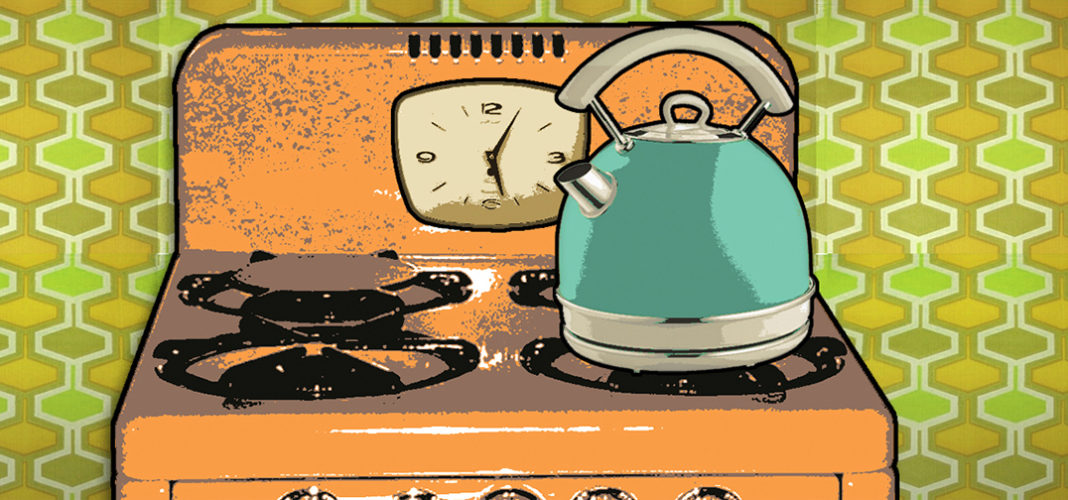Patience may be a virtue but it’s wearing thin. A study of over 2000 British adults confirmed what most of us already know, we hate to wait and we are less patient than ever.
Frustration sets in after:
-
25 seconds of waiting for a traffic light to turn green
-
20 seconds for ink to dry on a greeting card
-
18 seconds looking for a pen
-
16 seconds of waiting for a webpage to load
-
14 minutes waiting for an order to arrive in a restaurant
People don’t even have the patience for experiences traditionally associated with relaxation:
“Even a cup of tea, an undeniable symbol of British leisure time, incited anger among respondents if the kettle took more than 28 seconds to boil.”
The study did not inquire what would happen if they had to wait for milk and sugar.
Despite the desire for immediate gratification and growing impatience, the reality is that everyday life requires a great deal of patience. Whether it’s waiting for a subway, standing in line at the DMV, grasping a difficult concept, completing a challenging project, or dealing with a difficult person, knowing how to cope with frustration is important for wellbeing and goal achievement.
While most people think of patience as a trait people either have–as in, “Samantha is such a patient person” or don’t have, research shows that patience can be increased. Gratitude, meditation, and emotional regulation strategies like reappraisal have all been shown to help people grow their patience muscle.
One last thought, model patience for your kids. You can react to a traffic jam by honking your horn or shouting out the window or you could think of it as more quality time to spend with your child.
“Patience is bitter but its fruit is sweet.” Aristotle
I wish you all the best,
Dr. Samantha Boardman






